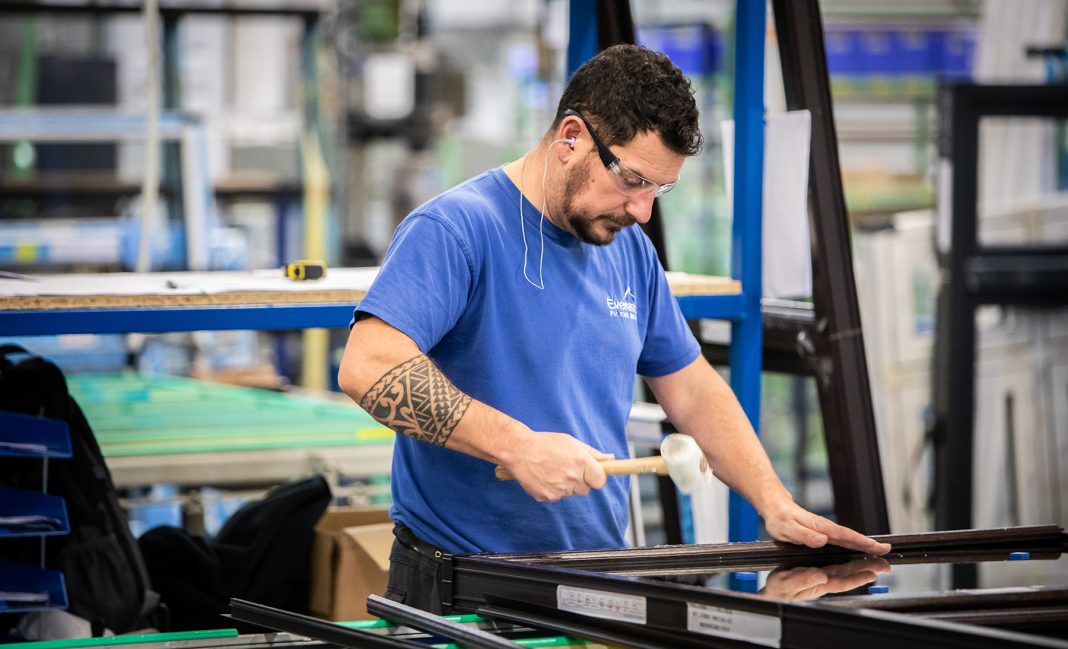Everest 2020 left a deficit of £15.8million to unsecured creditors and no prospect of paying them when the retail giant collapsed earlier this year, administration documents have shown.
It was also revealed that the company had been kept running for a while, including retaining staff, after a possible buyer said it was close to a going concern offer but the party later withdrew.
After that, an offer by Anglian to buy certain assets excluding plant, machinery, vehicles etc for £1.1million plus VAT was accepted, as reported at the time https://www.the-glazine.com/?p=12425 , and those assets the sold privately.
The administrators outlined the factors leading to the company’s final demise, including a 30% jump in materials costs after its sole PVCu profile supplier (Duraflex) ceased production https://www.the-glazine.com/?p=9944.
A further blow came last year when the cost of new customer acquisition sky-rocketed with lead-generation marketing costs increasing by 60% on the previous year.
The report concludes: “Severe cash-flow constraints prevented the company’s ability to meet these additional costs without further funding.”












